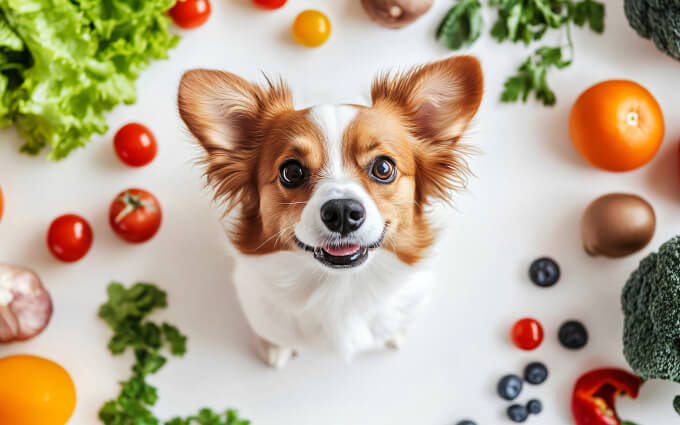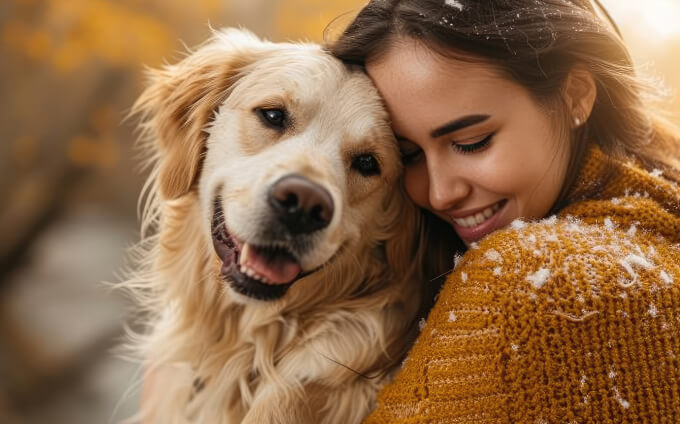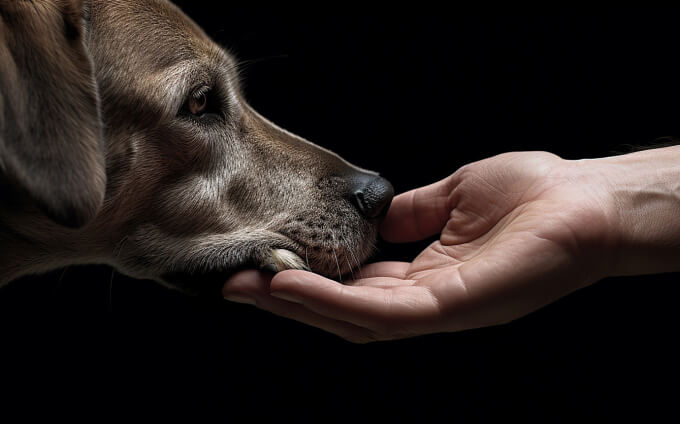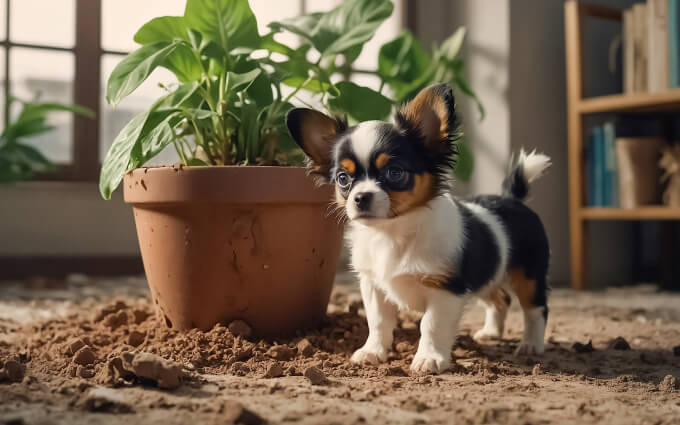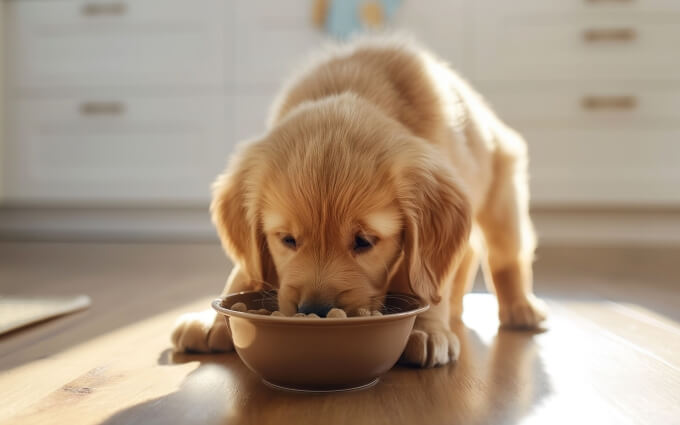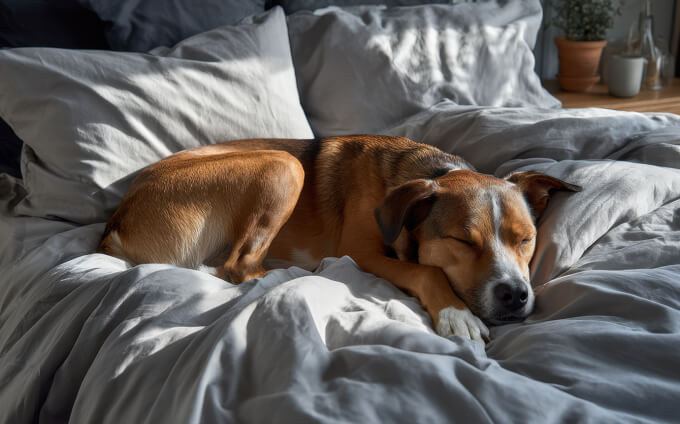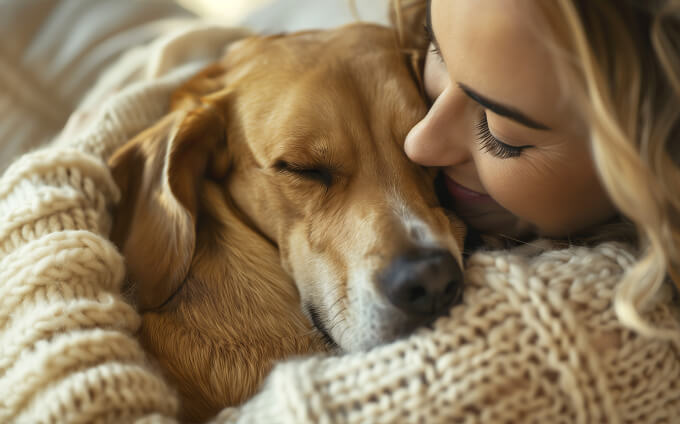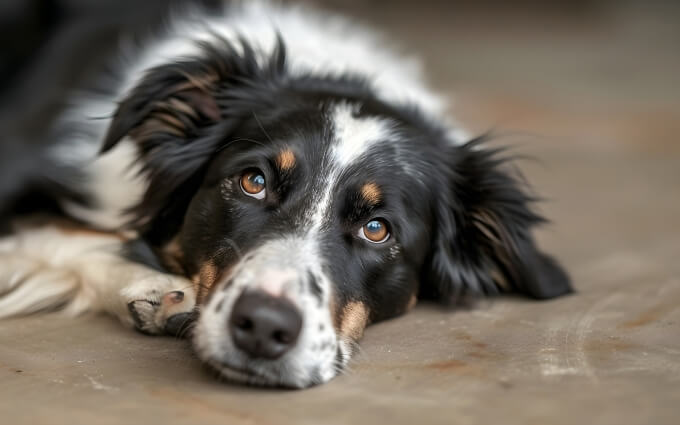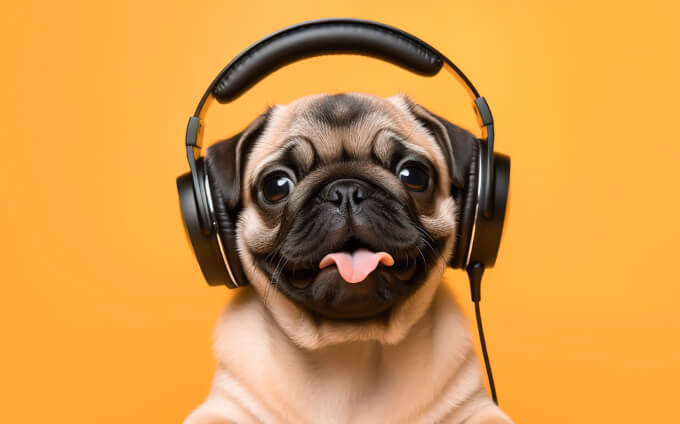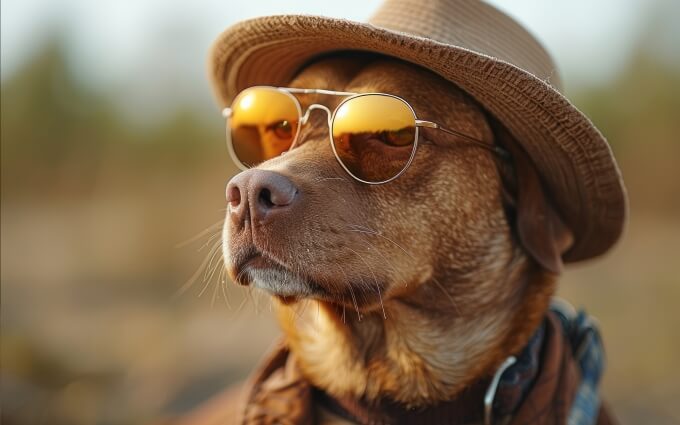- Home
- Dog Behavior
- How to Stop Your Dog from Resource Guarding
How to Stop Your Dog from Resource Guarding
Addressing resource guarding in dogs requires a blend of management techniques and training strategies. Discover how to create a safe environment and use counterconditioning to change your dog's behavior.

- 59
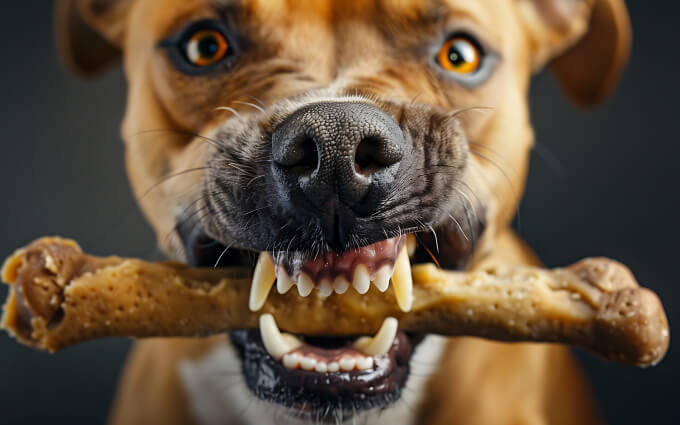
Understanding Resource Guarding
Resource guarding is a natural behavior in dogs where they protect valuable items like food, toys, or even people. It can manifest in actions like growling, snapping, or biting when they perceive a threat to their possession. While it's a normal canine behavior, it becomes problematic in a domestic setting.
Common Signs
- Freezing in place
- Hard staring
- Growling or snarling
- Snapping or biting
- Running away with the item
Understanding these signs is the first step in addressing the issue effectively.

Initial Steps to Take
Before diving into training, it's crucial to assess the severity of your dog's resource guarding. If the behavior is intense or involves aggression, consulting a certified dog trainer or veterinary behaviorist is recommended. They can provide tailored advice and ensure safety during the training process.
Environmental Management
- Remove high-value items from common areas.
- Feed your dog in a quiet, separate space.
- Pick up food bowls after meals.
- Keep laundry and shoes out of reach.
Desensitization and Counterconditioning
These techniques help change your dog's emotional response to perceived threats. The goal is to associate the presence of humans or other animals near their valued item with positive experiences.
Step-by-Step Guide
- Start by identifying a high-value treat your dog loves more than the item they guard.
- Find the distance at which your dog remains calm when you approach.
- At this distance, toss treats towards your dog and then walk away.
- Gradually decrease the distance over time, ensuring your dog remains relaxed.
- Eventually, work up to touching or picking up the guarded item while rewarding your dog.
Consistency and patience are key. This process can take days or weeks, depending on your dog's response.
Training Commands
Incorporating specific commands can help manage resource guarding. Commands like 'drop it' or 'leave it' are particularly useful.
Training 'Drop It'
- Offer a low-value item to your dog.
- When they take it, place a high-value treat near their nose.
- As soon as they drop the item to take the treat, say 'drop it' and reward them.
- Repeat until your dog reliably drops the item on command.
Using positive reinforcement, your dog will learn that relinquishing the item leads to a better reward.
Maintaining Progress

Once your dog shows improvement, it's essential to maintain their progress. Continue practicing the training exercises regularly and manage their environment to prevent setbacks.
Tips for Long-term Success
- Keep training sessions short and positive.
- Gradually introduce new high-value items under controlled conditions.
- Involve family members in the training to ensure consistency.
- Monitor your dog's behavior and adjust strategies as needed.
With time and dedication, your dog can learn to feel secure and less possessive over their valued items.
Frequently Asked Questions about stopping resource guarding in dogs
What is resource guarding in dogs?
Resource guarding happens when a dog protects food, toys, or other items and shows defensive behavior if someone approaches.
Why do dogs develop resource guarding?
It often comes from instinct or past experiences where the dog learned it needed to defend its belongings.
How can I stop my dog from resource guarding?
Use positive reinforcement, gradually desensitize the dog, and teach it to associate people near its resources with rewards.
Is resource guarding dangerous?
It can be risky if the dog feels threatened and snaps or bites, so it's important to address it early.
Can professional training help with resource guarding?
Yes, a qualified dog trainer or behaviorist can create a tailored plan to safely reduce guarding behavior.
- 59
 Michelle Torring
Michelle Torring
Michelle is a passionate dog owner who spends most of her free time with her 6-year-old golden retriever, Bella. The two are a familiar sight in the neighborhood, often seen on long walks in the park or at the beach. Michelle loves training Bella in agility and they often compete in local competitions where Bella impresses with her speed and agility. Every Sunday, Michelle organizes playdates for dogs in the neighborhood where both dogs and owners can socialize and learn from each other. To Michelle, Bella is not just a dog, but a beloved family member and faithful companion.
-
Food & Nutrition
 The Best Foods to Boost Your Dog's Immune System
The Best Foods to Boost Your Dog's Immune SystemTo keep your dog healthy and resilient, fueling their immune system with the right foods is key. In this post, we'll cover the top nutrient-packed foods that can give your dog's immune system the support it needs, helping them fend off illness and stay energetic.
 Marcin SolgaardOct 04, 20249
Marcin SolgaardOct 04, 20249 -
Dog health
 Which Emotions Do Dogs Actually Experience? Understanding Your Dog's Emotions
Which Emotions Do Dogs Actually Experience? Understanding Your Dog's EmotionsDogs experience a variety of basic emotions similar to those of a young child. Learn about the emotions your dog truly feels, how they express them, and what it means for your relationship.
 Cassandra DalgaardJul 30, 202478
Cassandra DalgaardJul 30, 202478 -
Dog Behavior
 Why Does My Dog Put Its Head on Me? Understanding the Behavior
Why Does My Dog Put Its Head on Me? Understanding the BehaviorEver wondered why your dog puts its head on you? This guide dives into the reasons behind this endearing behavior, from seeking comfort to showing love.
 Michelle TorringAug 03, 202428
Michelle TorringAug 03, 202428 -
Puppies & Young dogs
 How to Puppy-Proof Your Home: A Complete Guide
How to Puppy-Proof Your Home: A Complete GuideBringing a new puppy home is thrilling, but keeping them safe means some serious puppy-proofing. This guide covers everything from securing hazardous items to creating a puppy-friendly zone, making your home a safe haven for your curious new companion.
 Michelle TorringOct 10, 202412
Michelle TorringOct 10, 202412 -
Food & Nutrition
 How to Choose the Right Diet for Your Allergic Dog
How to Choose the Right Diet for Your Allergic DogFind out how to select the perfect diet for your dog with allergies. Learn about elimination diets, hypoallergenic foods, and the best ingredients to keep your furry friend healthy and happy.
 Marcin SolgaardJun 09, 202427
Marcin SolgaardJun 09, 202427 -
Dog Behavior
 Do Dogs Dream? A Fascinating Look Into Your Dog's Sleep
Do Dogs Dream? A Fascinating Look Into Your Dog's SleepA lively, informative exploration of canine dreaming - from brainwaves and sleep stages to dream content and how to (or not to) wake a sleeping dog.
 Cassandra DalgaardSep 02, 20253
Cassandra DalgaardSep 02, 20253 -
Dog Behavior
 Does My Dog Know I Care About It?
Does My Dog Know I Care About It?Discover the ways your dog shows it knows you care and how you can reinforce that loving bond through simple actions and daily interactions.
 Cassandra DalgaardAug 05, 202444
Cassandra DalgaardAug 05, 202444 -
Dog Behavior
 Why Your Dog Ignores You and How to Change It
Why Your Dog Ignores You and How to Change ItIs your dog ignoring you? Explore the reasons behind this behavior and actionable steps to bring back the focus, from training techniques to environmental adjustments.
 Marcin SolgaardJul 16, 202439
Marcin SolgaardJul 16, 202439 -
Dog health
 How Well Can Dogs Hear?
How Well Can Dogs Hear?Dogs have an incredible sense of hearing, capable of detecting sounds that are beyond human perception. From the range of frequencies they can hear to the practical implications of their auditory prowess, let's delve into the world of canine hearing.
 Cassandra DalgaardJul 28, 202429
Cassandra DalgaardJul 28, 202429 -
Dog health
 Are Dogs Really Color Blind? The Truth About Canine Vision
Are Dogs Really Color Blind? The Truth About Canine VisionDiscover how dogs see the world, what colors they can perceive, and the science behind their unique vision. This blog post delves into the myth of dogs being color blind and explains their actual color perception.
 Marcin SolgaardMay 26, 202433
Marcin SolgaardMay 26, 202433

